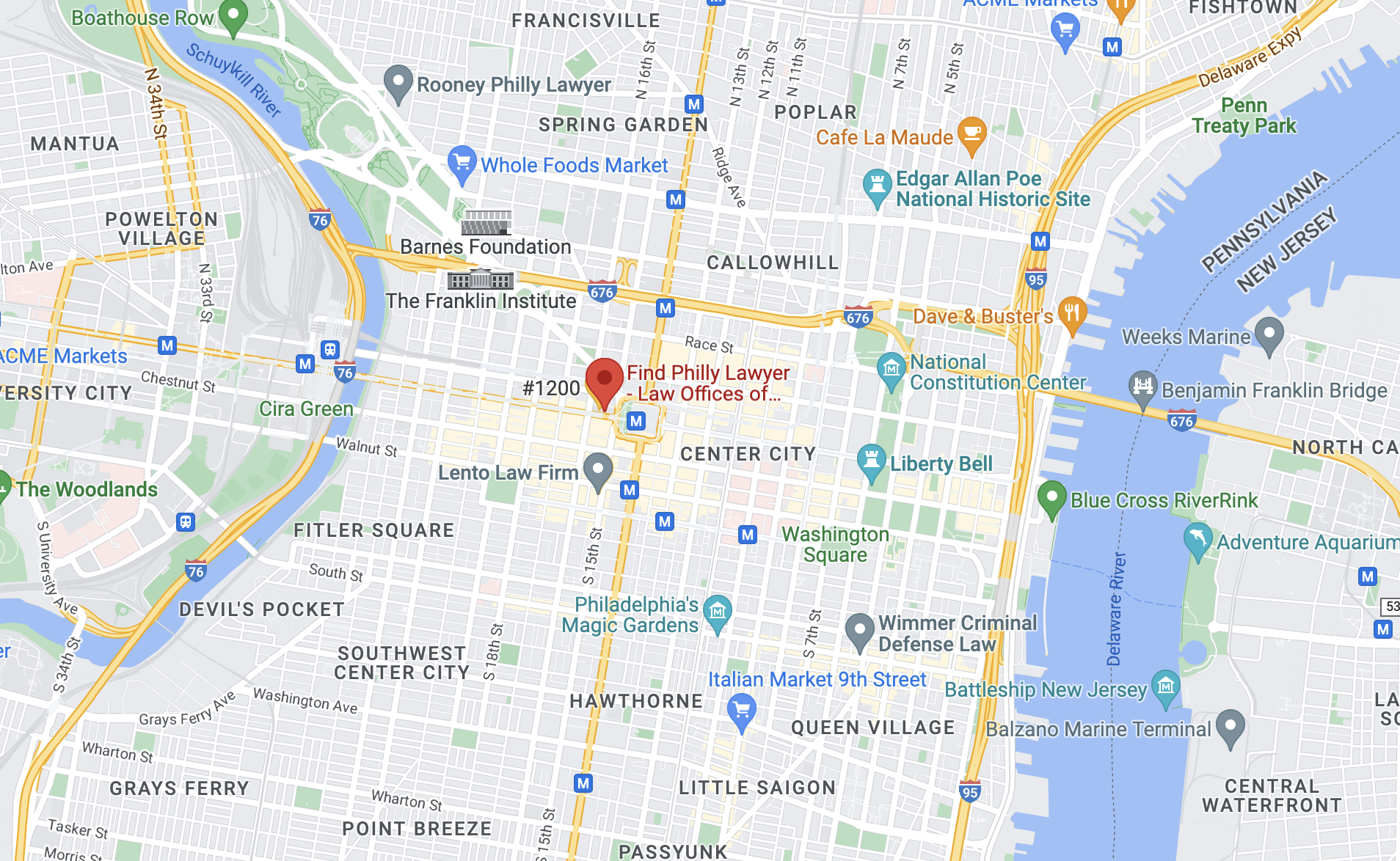In the United States, criminal defendants are considered innocent until proven guilty. Our legal system must not punish defendants until after they are found guilty in a court of law. However, criminal defendants are commonly held in custody after they are arrested while they await their trial. To prevent accused defendants from being unjustly held in jail before they are found guilty, we allow them to be released on bail. Under bail restrictions, defendants are released from jail but must refrain from certain behaviors and always show up for their court dates. Violating the terms of your bail could lead to being arrested again and your bail revoked.
The majority of defendants are released on bail, and they await their trials from the comfort of their own homes. However, some criminal charges are so serious that they do not qualify for bail. Crimes ineligible for bail may vary from state to state, but crimes such as first-degree murder or other very serious violent crimes are often denied bail. Even if your charges do not disqualify you from bail, you may still be denied if you have a significant criminal record, a history of skipping bail, or are considered especially dangerous.
One of your earliest pre-trial stages will be bail determination. Our Philadelphia criminal defense attorneys can help you negotiate for the least expensive and least restrictive bail possible. Contact our offices for a free, confidential legal consultation. Call The Liberty Law Team at (215) 826-3314 to get help today.
What Crimes Qualify for Bail?
Most crimes qualify for bail. Criminal defendants are usually granted bail in some form. Some defendants must pay a sum of money to be released. Others are released on their own recognizance. Every state has laws regarding how bail is to be implemented and what kind of crimes are exempt. The vast majority of crimes will qualify for bail. Only a select few are ineligible by statute. Only in rare circumstances will a defendant who is otherwise eligible for bail be denied.
Different crimes may qualify for different types of bail. The types of bail possible in your case will depend on the state in which you are charged. Some states follow more traditional bail models and require a payment of money to be released. Other states have implemented bail reform laws making cash bail obsolete. If you must pay cash bail, the amount will depend on your alleged crimes. More serious crimes tend to be more expensive.
Some crimes not only qualify for bail, but they allow defendants to essentially walk free until their trial. This kind of bail is often referred to as being released on your own recognizance. There is no money and very few restrictions placed on the defendant. Instead, the defendant promises the court that they will appear at all their hearings and not commit further crimes. A defendant who breaks this promise could have their bail revoked and be put back in jail.
In most cases, a defendant will be eligible for bail. However, the nature of your charges will influence the outcome of your bail hearing. Call our Bucks County criminal defense attorneys for help as soon as possible.
Crimes Which May Be Denied Bail
Contrary to popular belief, people do not have an absolute right to bail. People often cite the Eighth Amendment of the Constitution as granting the right to bail. However, the truth is this amendment only prevents excessive bail. Courts are permitted to withhold bail under certain circumstances. In general, only the most serious crimes, like capital felonies, are excluded from bail. For example, in Pennsylvania, under 42 Pa.C.S. § 5701, the law states that all prisoners have a right to bail unless they are charged with a capital offense or a crime for which the sentence is life in prison.
Each state may have a different list of crimes that are disqualified from bail. Some states, like Pennsylvania, forbid bail for crimes based on their punishments. Other states might have an exhaustive list of offenses that are ineligible for bail. It is important to speak with an attorney about your charges as soon as possible. If you are ineligible for bail and must await trial from jail, you and your attorney must coordinate your legal strategy accordingly. Call our bail attorneys for help today.
What Are Other Circumstances in Which Bail is Not Guaranteed?
Indeed, most crimes are not barred from bail. However, that does not mean bail is automatically granted in every situation that does not involve a serious or violent felony. Courts are allowed to consider many different factors when determining whether to release a defendant on bail. Exactly what is considered during bail hearings will depend on the state in which you are charged. You should contact an attorney to help you as soon as possible.
In many states, judges will look at your criminal record. If you have a long criminal history, your bail could be more restricted or more expensive. If your history involves skipping bail, a judge might be inclined to deny you as a flight risk. This is so for all offenses, not just capital offenses or those that may be sentenced to life in prison.
If your alleged crime is not categorically barred, you could still be denied bail if the court believes you are a safety risk to the community. Prosecutors will try to point to things like the heinousness of the alleged offense or a lack of remorse shown by the defendant.
Only a few crimes are categorically denied bail. However, you could be denied bail for various other reasons. Even if you are granted bail, the terms of your bail could be very restrictive or expensive. Call our Delaware County criminal defense lawyers for help arguing for bail in your case.
Call Our Bail Attorneys for Assistance
If you are charged with a crime, you need a qualified lawyer to help you argue for bail. Our bail attorneys are here to help you get back home to your family as soon as possible. Call The Liberty Law Team at (215) 826-3314 for a free legal consultation.





 Liberty Law Team
Liberty Law Team  (215) 826-3314
(215) 826-3314 lonny@libertylawteam.com
lonny@libertylawteam.com





